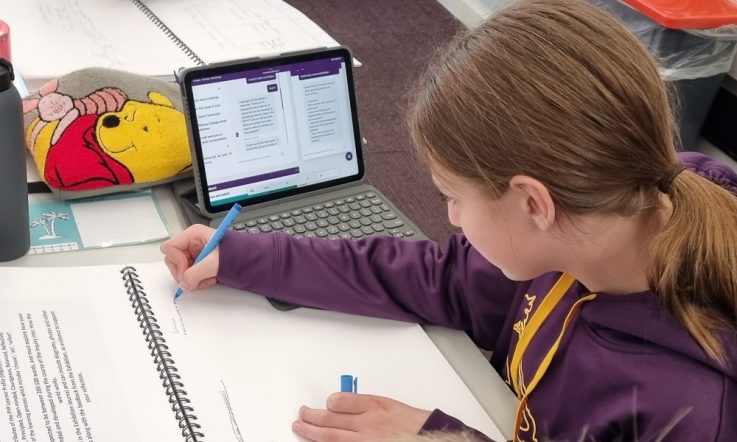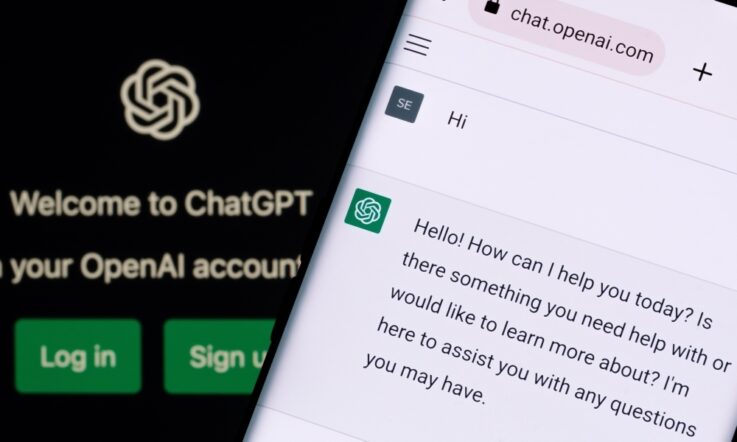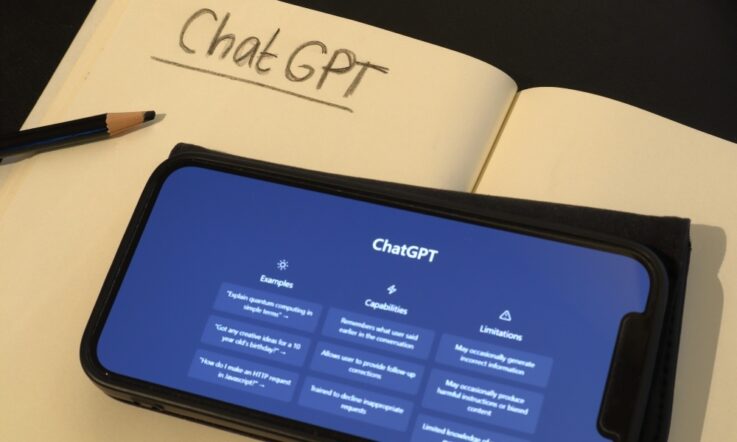Welcome to the first edition of Researching education: 5 further readings for 2024. Last year, you let us know you are enjoying this bi-monthly series from us, so we’re delighted to have it return for the new school year.
In this series, we take a look at some further readings available on a particular topic, including open access research papers from various online databases, and Teacher archive content you might not have come across yet.
When we asked you for the topics you’d like us to cover on Teacher in the next 12 months in our annual reader survey, artificial intelligence (AI) was the most frequently requested. So, in this edition, we’re taking a look at AI. In the list below, you can access an Australian Framework for Generative Artificial Intelligence in schools and an article about the impact of AI on original ideas.
- Australian Framework for Generative Artificial Intelligence (AI) in Schools. This recently released document from the Department of Education introduces the Australian Framework for Generative Artificial Intelligence in Schools. The Framework is based on 6 principles: Teaching and Learning, Human and Social Wellbeing, Transparency, Fairness, Accountability, and Privacy, Security and Safety and this document takes readers through each of the principles’ guiding statements.
- Artificial Intelligence and the Future of Teaching and Learning. In this paper published by the US Department of Education – that is labelled a ‘starting point’ for exploring the role of AI in teaching and learning – the authors give an overview of what AI is and share their insights and recommendations for teaching, learning and formative assessment with AI. They also delve into building ethical, equitable policies for the use of AI. On the issue of equity, they write: ‘Datasets are used to develop AI, and when they are non-representative or contain undesired associations or patterns, resulting AI models may act unfairly in how they detect patterns or automate decisions … The Department holds that biases in AI algorithms must be addressed when they introduce or sustain unjust discriminatory practices in education.’
- Personalisation in Australian K-12 classrooms: how might digital teaching and learning tools produce intangible consequences for teachers’ workplace conditions? In 2022, this open-access conceptual paper was published in The Australian Educational Researcher journal. It focuses on teachers’ rights in relation to emerging technologies that use AI or provide predictive analytics. The author also looks into 3 potential consequences in this area and argues for increased focus on the potential consequences associated with algorithmic bias.
- Deep fakes, authenticity and authentication in the age of artificial intelligence. In this article in a recent edition of the Australian Education Union Victoria branch’s Professional Voice journal, Erica Southgate – Associate Professor of Emerging Technologies for Education at the University of Newcastle – discusses the implications of AI on original ideas and authenticity in education. ‘For a while now I’ve been pondering the concepts of authenticity and authentication of student work within the context of a new machine age where educators rely on software powered by artificial intelligence (AI) to detect plagiarism, and where AI is capable of producing “deep fakes”,’ Southgate explains.
- Digital technology in education systems around the world: Practices and policies. Back in 2021, this paper was prepared by The Centre for Change and Complexity in Learning at The University of South Australia for the South Australian Department for Education. It contains a review of the use of digital technology in several high-performing countries, explores how the digital divide has been addressed across the world, and highlights public education systems that have successfully improved student wellbeing and achievement through the adoption of safe digital spaces.
Some of the resources featured in this article can be found through Cunningham Library Catalogue and EdResearch Online. At the links below, you can search for more resources on the topic of literacy and numeracy learning progressions in these 2 online databases.
- Artificial intelligence: Cunningham Library Catalogue
- Artificial intelligence: EdResearch Online
You can also browse other education topics at this page.
The Cunningham Library membership is open to individuals, schools and organisations. Membership includes access to a comprehensive collection of education research literature; weekday alerts to a selection of Australian education news; fast supply of articles and books from the collection; support in finding research; and an integrated online search tool that works across all our resources.
To become a library member, visit the website.
Stay tuned: Teacher will be returning to the topic of AI throughout the year.



